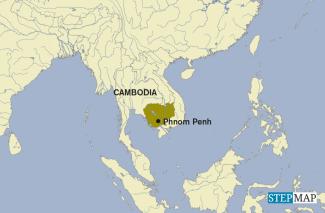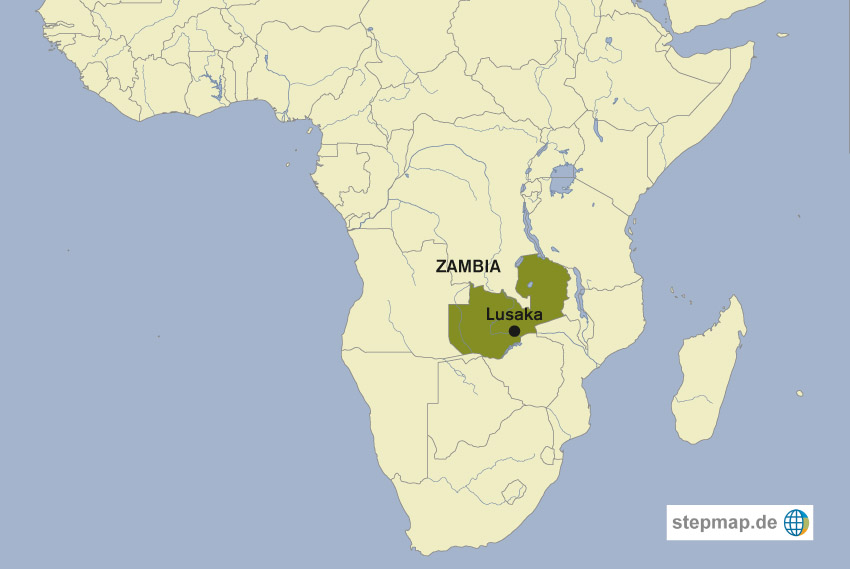Long-term impacts of strife
A traumatised nation

This assessment fits Cambodia, though posttraumatic stress disorder (PTSD) is especially prevalent here. A survey published by the Royal University of Phnom Penh (RUPP) in 2012 showed that:
- anxiety disorders affected 40 % to 53 % of Cambodia’s people,
- depression affected 11.5 % to 80 %, and
- PTSD affected 7.3 % to 86 %.
That the ratios for depression and PTSD are somewhat vague is related to Cambodia’s brutal recent history. Society as a whole was traumatised as war and the genocidal Khmer Rouge regime caused widespread suffering in the 1970s (see Sun Narin in Focus section of D+C/E+Z e-Paper 2017/03). An entire generation was marked by the loss of family members, the destruction of personal dignity and complete disregard for human rights. Masses of people never experienced a healthy relationship with their parents and thus could not develop parenting skills themselves. The lasting impacts of trauma have become so common that people now struggle to tell serious mental disorders from what they experience to be normal. Self-medication with tranquilisers and other pharmaceuticals as well as abuse of alcohol and illegal drugs add to the problems.
PTSD affects persons who were born long after the atrocities ended. This is probably one reason for Cambodia’s suicide rate (42.35/100,000) being 2.5 times the global average. Schizophrenic disorders and psychotic episodes seem to occur at fairly common rates, and they pose huge challenges. Patients have hallucinations, and their behaviour becomes extremely erratic. Evidence shows that, in lack of professional care, they are often locked in cages or restrained with chains so they cannot cause harm. That their human rights are violated is linked to the fact that local communities are basically left to themselves when it comes to mental illnesses.
So far, Cambodia’s health system is ill-equipped to deal with the demand. There is a desperate lack of professional staff. According to a recent assessment, the ratio of psychiatrists to people is 0.33 to 100,000. The figure for psychiatric nurses is only 0.26 per 100,000. The health-care system must be reformed in a way that takes full account of widespread mental suffering and is in touch with the country’s traditions (see main essay). (sgk/tpo)













